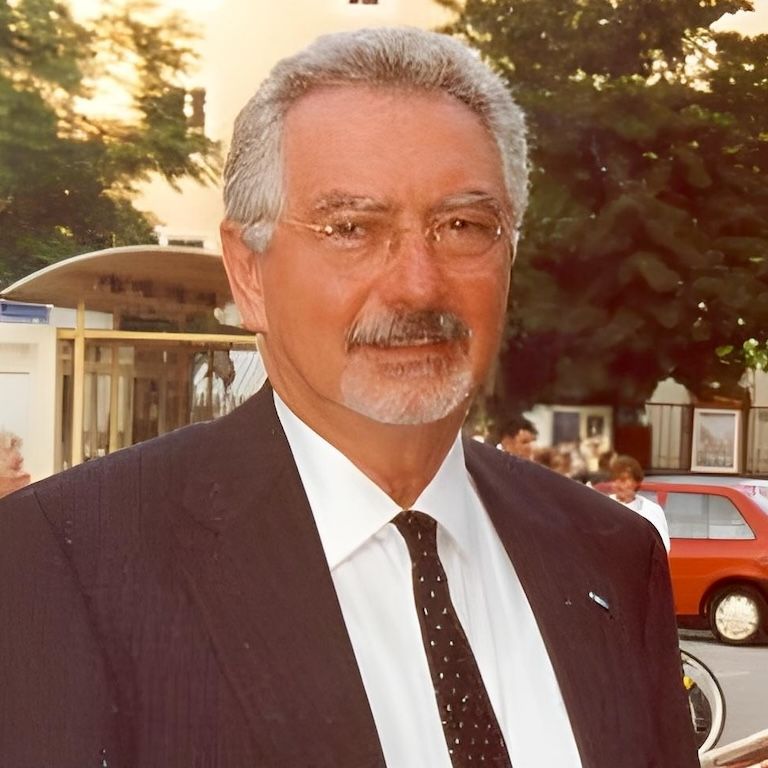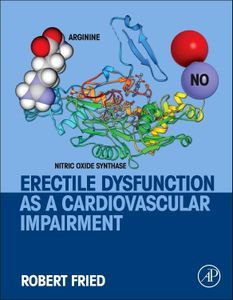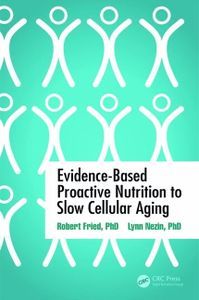Educational Background
- PhD, Rutgers University

Robert Fried is a Professor Emeritus in the Department of Psychology.
See Contact DetailsHealth psychology: behavioral control of brain blood flow; behavioral control of breathing and blood gases and blood acid/base balance; consequences of nutrition on cardiovascular function and behavior.
Book Chapters and Journal Publications (since 1985)

This book presents an anthology of nutrition articles containing advice, information, and tips for achieving optimal health. Examples of topics covered include the role of type 2 diabetes in heart disease; omega-3s and fish oil supplements; nutrition for the skin; how antioxidants in common foods protect against free radicals; testing for low thyroid; how atherosclerosis damages coronary arteries; and the benefits of various foods in diets.

Omega-3 fatty acids can limit the inflammation that is the underlying cause of many severe diseases of modern civilization, including diabetes and cardiovascular disease. The Omega-Factor: Promoting Health, Preventing Premature Aging and Reducing the Risk of Sudden Cardiac Death presents information on the mechanisms whereby inflammation damages organs and the blood vessels serving them, as well as the hard science on the mechanisms by which the omega-3 fatty acids protect those tissues. It also features peer-reviewed evidence from clinical trials on these topics.

Approximately 29 million Americans are diagnosed with Type 2 diabetes annually. Of that number, only about 36 percent (10.44 million diabetes sufferers) achieve satisfactory medical outcomes and would need additional help—rarely available—to reliably control their glucose levels. Contrary to popular belief, although anti-diabetic medications can lower sugar levels, nevertheless they have a poor performance track record because inflammation in the blood vessels persists.

Starving Cancer Cells: Evidence-Based Strategies to Slow Cancer Progression — A Selection of Readings for Health Services Providers presents an edited and annotated collection of recent medical journal publications and abstracts illustrating new approaches to treatment derived from the metabolic theory of cancer. It intends to shed an early light on a relatively new approach to our understanding of the cancer cell idiosyncratic metabolic dysfunction, and on evidence-based new treatment strategies derived from that understanding.

Erectile Dysfunction as a Cardiovascular Impairmentorganizes and summarizes the many aspects of biology and metabolism in cardiovascular and sexual function. Coverage includes how blood vessels are discovered to work, their role in hypertension, atherosclerosis, type-2 diabetes, oxidative stress, metabolic syndrome, and erectile dysfunction.

Recent research findings on the impact of nutrition on telomere length is unlocking the potential to combat premature aging at the cellular level. We have learned that while aging is a natural cellular process, premature aging is not and it can be positively impacted by an Evidence-Based Proactive Nutrition to Slow Cellular Aging diet plan.
1953 – 1955. Korean Military Advisory Group (KMAG) (Signal Corp). Seoul, Korea. Hon. Discharge 1955.
Robert Fried
